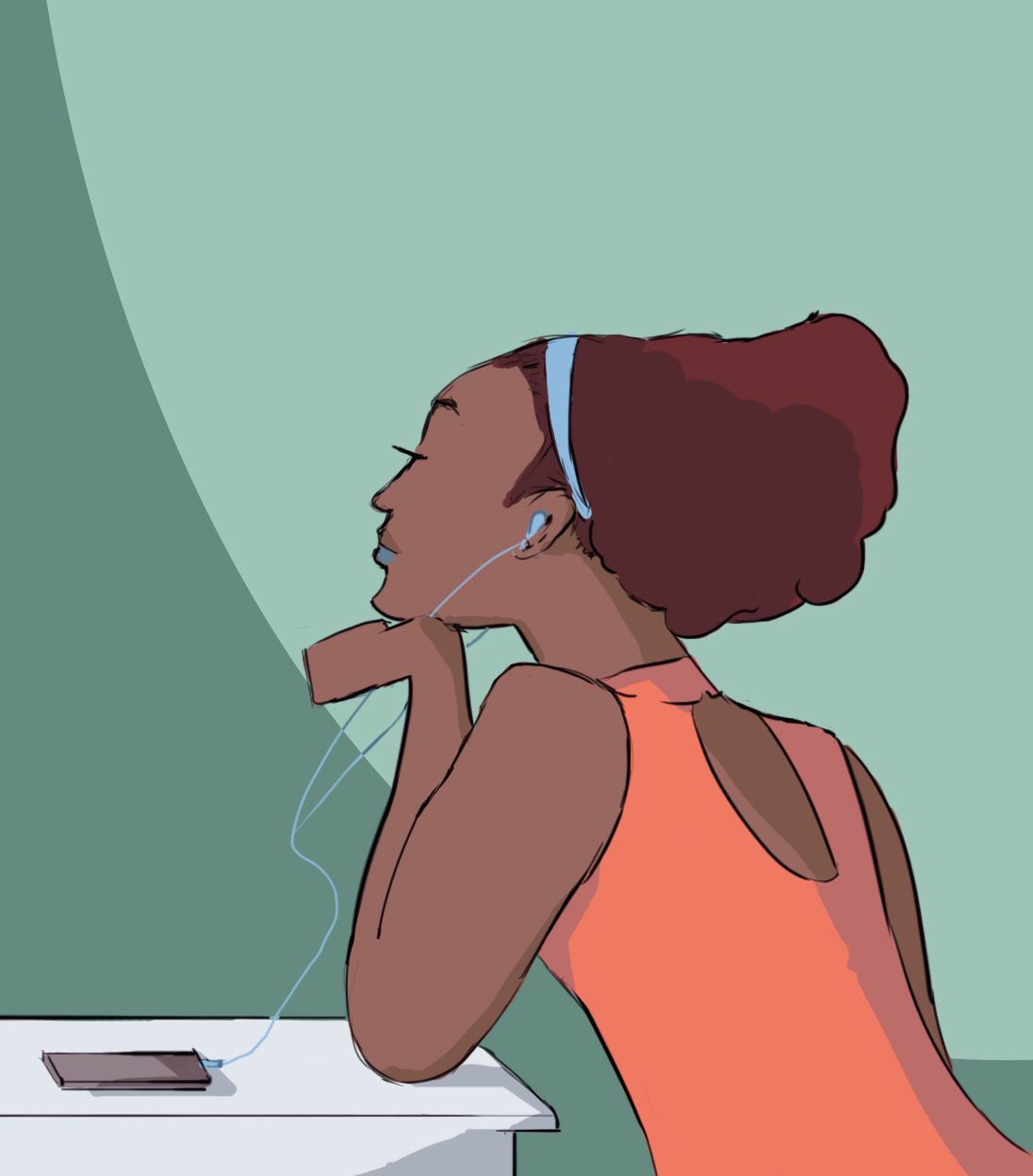Idleness should be considered a virtue


A weary traveler on the road to Naples, Italy stopped when he saw 12 idlers basking in the sun (it was long before the days of Benito Mussolini, I can assure you).
The traveller offered one lira to the laziest of the men. 11 men jumped up to claim the money, but the traveler gave the lira to the twelfth, the man who remained idle, lolling on the ground.
Samuel Johnson once wrote: “Every person hopes to be an idler.” And while he may have been right, today it would be very difficult to find idlers, devoted as we are to filling our hours.
While there is a large psychological literature praising the achievement drive and the work ethic, there are very few essays dealing with the joys of idleness, the selective leisure or studied indolence.
And yet our history is filled with purposeful idleness. A backward glance reveals there was always an idle class with wealth inherited or newly acquired from clever investments or gained through corrupt business practices.
There were always women and men who never worked and never intended to work; idleness was the defining characteristic of their class.
Lady Violet Bonham-Carter, daughter of British Prime Minister Herbert Asquith, told how, as a little girl at the turn of the century, she asked her nanny what her life would be like.
Her nanny replied: “Until you are 18, you will do lessons and after 18, you will do nothing.”
It is not difficult to make a strong case for idleness, just as professor George Watson of Cambridge University does, writing in The Wilson Quarterly: “Idleness has an elegance which in itself is virtuous. It can have a civilizing influence creating a large market of readers, collectors of literature, and those who appreciate the fine arts.”
Bertrand Russell agreed in In Praise of Idleness, writing: “The leisure class cultivated the arts and discovered the sciences; it wrote books, invented the philosophies and refined social relations.”
But today to be idle is thought to be at least uninteresting, redundant or at worst, seen to have failed.
Some years ago, the then-president of Wilfrid Laurier University, wishing to recognize those of us who had 25 years of service to the university, chose to give us all a beautiful Boston rocking chair.
Many of my colleagues expressed their unwillingness to be confined to a rocking chair, even voluntarily.
Clearly, few of us thought ourselves ready for the cushy, but richly reflective idleness of the front porch rocking chair.
Such a negative attitude toward idleness is related to the “activity ethic” — often disguised as the work ethic — where to be active is morally acceptable; to be idle is to be a wastrel.
Many retirees face the question: “What are you going to do with all time you now have?”
Unfortunately, many of us simply exchange one set of frantic pre-retirement activities for a set of frantic post-retirement activities.
We are constantly warned about “idle minds” that only serve the Devil and his minions.
Much as they might like, Bible thumpers cannot cite scriptures to support our obsession with work.
Many have given Mary more credit than Martha and there are many instances where prophets became recluses, spending lengthy sojourns in the wilderness, time spent in meditation and idleness.
And the scriptures applaud Solomon’s “Lilies of the field that neither toil nor spin.”
Certainly with our dedication to hurrying through life, I can understand the decay in idleness.
My students, impatient with the lengthy process, hurry through their degrees and can’t wait to get on that treadmill to work-a-day oblivion.
The custom in the past was that after completing a four-year degree, the young would take a gap year — a year off was a youthful ambition, making new friends, visiting fascinating places and seeing the world.
Another difficulty with idleness is that many of us achieve our sole identities through our work.
Our labours often define precisely who we are and work always ensures us that we have something to do.
Our work allows us to escape monotony and boredom. Some of us fear the terror of the vacancy or dread of the wasteland. Monotony and boredom are as close to death as we living can get — so we avoid it by running faster and faster.
The New York Times recently cited the results of 11 studies of more than 700 people, and the majority reported they found it intolerable to be idle and alone for six to 15 minutes.
The conclusion is that when alone and idle, we tend to concentrate on what may have gone wrong in our lives and fail to see the joys of idleness and solitude.
The best praise for idleness comes from that authentic, mysterious prophet Henry David Thoreau.
In Walden, he wrote, “I sat in my sunny doorway from sunrise till noon, rapt in a reverie, amidst the pines and hickories and sumacs, in undisturbed solitude and stillness, while the birds sang or flitted noiseless through the house … I grew in those seasons like corn in the night and they were far better than any work of the hands would have been.”
My wish for all of us is the gift of whimsy, cultivated in solitude, lengthy periods of reflection and the prolonged repose of contemplation — the many rewards of idleness.


